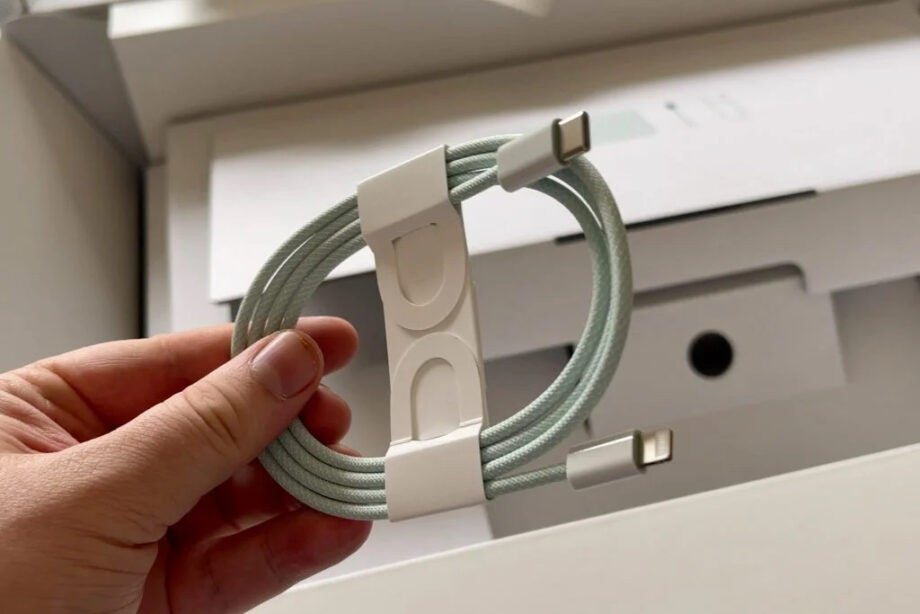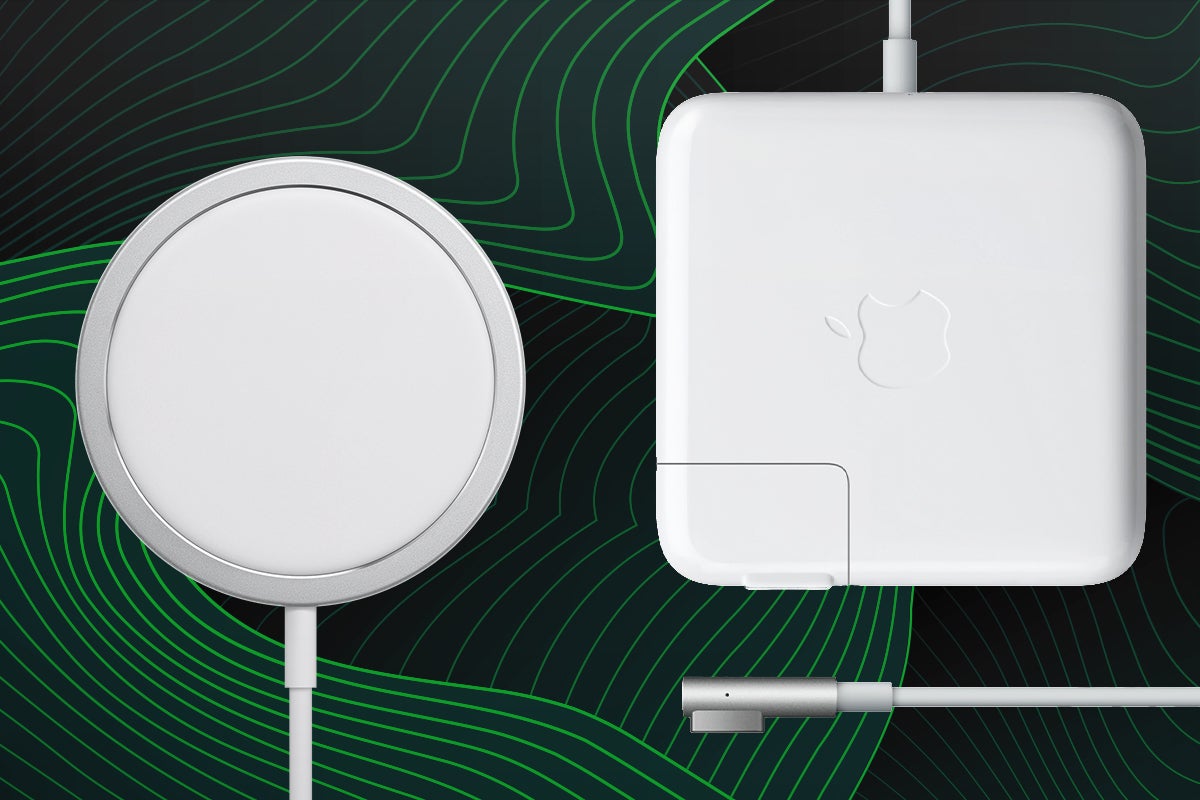European Commission to force Apple to switch to USB-C by 2024

The European Commission is set to propose legal measures that would force phone manufacturers to use a common charging standard like USB-C, which is ostensibly bad news for Apple.
For several years now we’ve been reporting on the EC’s attempts to legislate against Apple’s proprietary smartphone charging standard, which is known as Lightning.
Now those efforts appear set to enter a new phase of intensity. Politico is reporting that the European Commission will present a legislative proposal on Thursday that would force manufacturers to use a common charging standard by the middle of 2024.
Of course, almost all phone manufacturers do use a common charging standard in the form of USB-C. Only Apple doesn’t, so it’s clear who this legislation is primarily aimed at.
The EC’s proposal would require a harmonised charging standard, which would also include all manufacturers making their individual fast charging protocols interoperable between brands.
It would also require that manufacturers stop providing a charging brick as standard with every new smartphone, in a bid to cut down on e-waste.
Apple, of course, has long resisted these European attempts at enforced homogeneity, claiming that the resulting legislation would stifle innovation. Ironically enough, it was also the first manufacturer to electively remove the charging brick from its iPhone boxes.
Smartphones aside, the EC’s proposal would also apply to tablets, headphones, cameras and loudspeakers.
It remains to be seen if such legal enforcement would prompt Apple to change to USB-C, of course. Rumour has it that the company is looking to drop wired charging altogether in favour of its wireless MagSafe standard.





